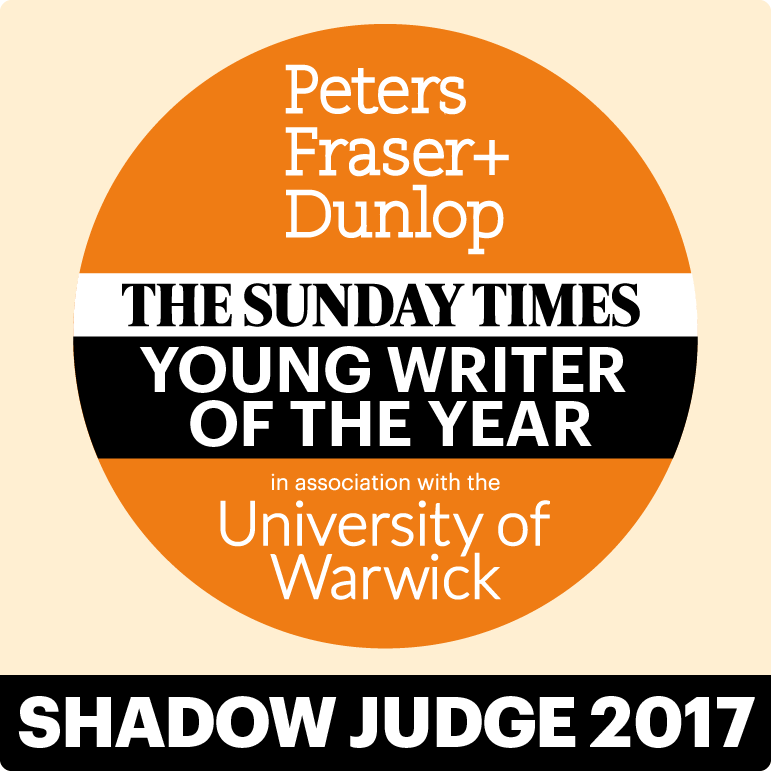‘Bad Science’ by Ben Goldacre exposes the manipulated statistics, flawed analysis and general misuse and/or bad practice of science by journalists, the pharmaceutical industry and other quacks. From medical trials which fail to include a control group to misleading cosmetic and health food marketing, the book examines the people and the data behind some of the weakest areas of scientific and health research.
Goldacre is a medical doctor and academic and much of the material for this book is drawn from his weekly columns for The Guardian as well as contributions to the badscience.net website. He makes a very convincing case in favour of evidence-based medicine and explains his own views very passionately and eloquently. Even if you don’t agree with everything he says, there is still plenty of food for thought here. For example, although I think that his generalisations about humanities graduates in the media are a little bit harsh, it is true that there are many examples of lazy journalism which sensationalise scientific research either deliberately or accidentally. In particular, the difference between absolute and relative percentage increases is something which is frequently misinterpreted in media reports.
For me, the most interesting chapters were those which exposed the credentials of so-called nutritionists Gillian McKeith and Patrick Holford. McKeith, for example, has certified professional membership of the American Association of Nutritional Consultants. This might sound reasonably impressive, except Goldacre managed to buy the same certificate online in the name of his dead cat. I still don’t know whether to laugh or cry.
I borrowed the first edition of ‘Bad Science’ from the library but an extra chapter ‘The Doctor Will Sue You Now’ is now available free for download on the Bad Science website and in later editions of the book after vitamin pill salesman Matthias Rath dropped his libel case against Goldacre. Even as a stand-alone chapter, it’s a very interesting read and will give you a flavour of what the rest of the book is about.
Underneath the entertaining and humorous writing in this book lie some very important and often alarming issues which are definitely worth reading about. In a few weeks time, I will also be reviewing Goldacre’s second book, ‘Bad Pharma’, about drug companies which I expect will be another real eye-opener.





I loved this book, well researched, simply argued, and with some great and quirky facts, (my favourite section being the history of placebos), on top of being a thought-provoking warning to beware sham medicine…looking forward to your review of the follow-up, I haven’t gotten around to reading it yet!
http://www.doronklemer.wordpress.com
LikeLike
I’m glad people are reading this book. I don’t think I will because this topic gets my blood boiling, especially due to “the media’s” complicity (mostly from ignorance) in so many woo-peddlers out there.
A bit dated now, but Carl Sagan’s book “The Demon Haunted World” is an excellent discussion along similar lines.
-Jay
LikeLike
As a scientist, I think I would find this incredibly frustrating, but as a consumer I think it would be informative enough that I might pick it up anyway. Thanks for the great review 🙂
LikeLike
I just finished wathcing Ben Goldacre on TED Talks. Really interesting. So interesting, in fact, that it made me curious abot his work. Thanks for the review, this book is on my ´´to read´´ list.
LikeLike
Amazing Blog…love your choice of books 🙂
LikeLike
Pingback: Bad Pharma by Ben Goldacre | A Little Blog of Books and Other Stuff
This is a topic that does get me going a bit too, it is an issue that will only get worse as we live in a age of easy access to large amounts of (mis)information. The change has to come from how we teach science in schools – less about learning facts and formulae, more about critical analysis and the scientific method that determined those facts and formulae.
LikeLike
Pingback: The 2013 End of Year Book Survey | A Little Blog of Books and Other Stuff